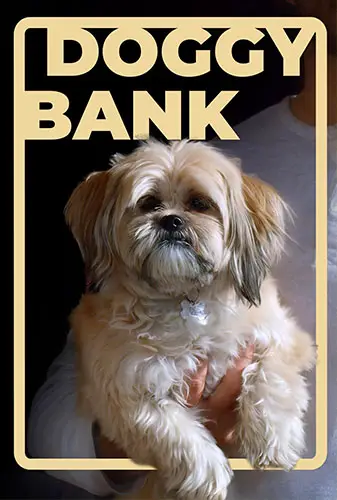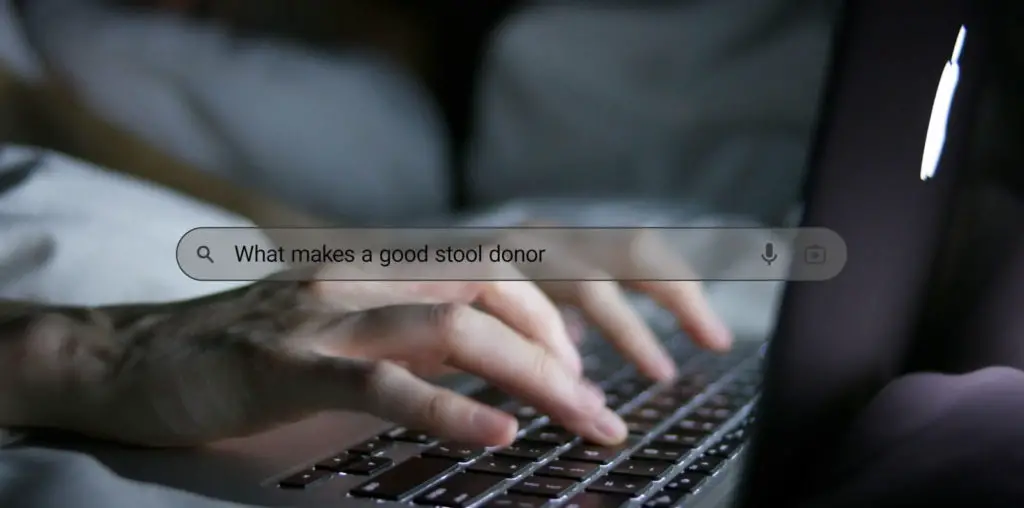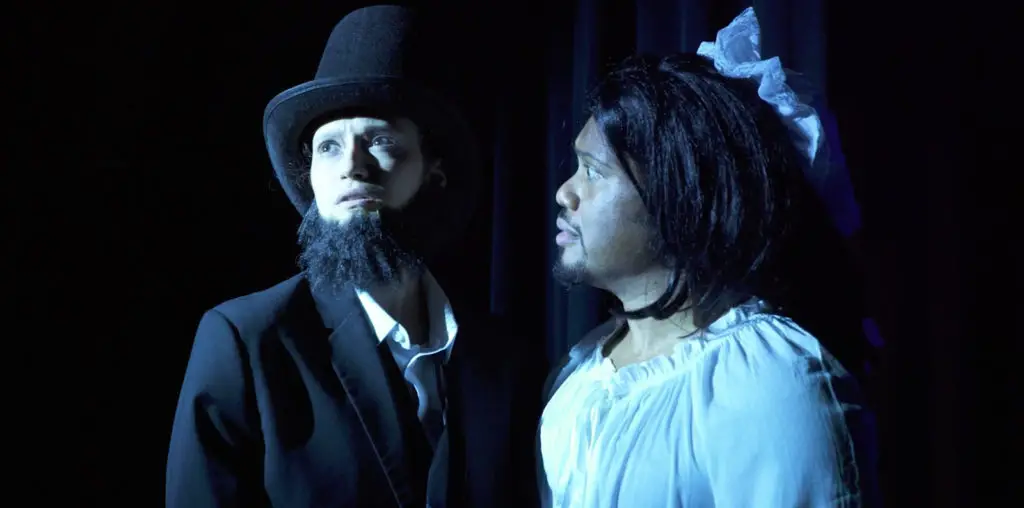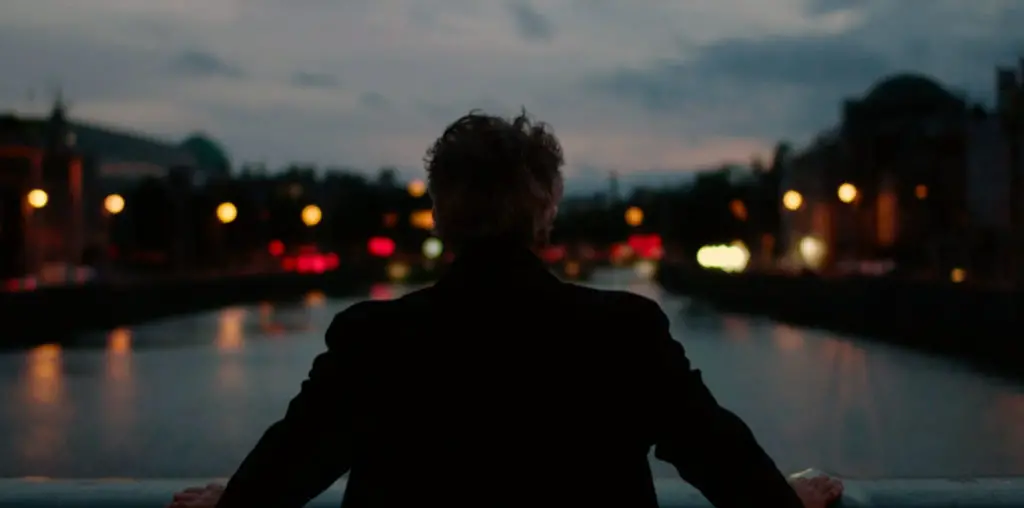
Thales Corrêa’s episodic series, Doggy Bank, is a modern Latin-American adaptation of Quincas Borba by Brazilian author Machado de Assis. Uber driver Rubian (Thales Corrêa) grinds it out, trying to make it to the next day. After a particularly problematic ride, Rubian receives a mysterious call regarding his half-sister, Prana (Andrea Flowers), to pick her up. He soon arrives at the mansion of the rich and very old philosopher Borba (Anthony Moore), who has been acting as Prana’s sugar daddy for quite some time.
Taking place during a pandemic (pretty sure they’re talking about COVID), Prana has been pretending to be sick so Rubian can take her away. Before she can finish packing her bags, Prana dies of said global virus. Because Rubian and Borba have been exposed to the virus, Borba’s concierge physician, Amin (Sanjay Nambiar), insists that the two must quarantine at the mansion for a week. Thus begins the pair’s wacky adventure together.
Doggy Bank definitely plays out like a novel. The first season is about the friendship developed between Rubian and the terminally ill Borba. Rubian is a kind soul who refuses to exploit the wealthy Borba. When his car is in the shop, keeping him from his rideshare job, Rubian accepts Borba’s proposition to live at the mansion and care for his dog, also named Borba. Rubian finds Borba’s philosophical views of life, death, and society fascinating. Well, not really, but he is nonetheless devoted to Borba the dog and is always around at the right time when Borba the man takes a spill. Life in paradise appears to be short-lived when Borba’s lawyers come to take him away.

“…the two must quarantine at the mansion for a week.”
What I like about the series is how I’m placed right into the shoes of Rubian from the beginning. Many of us know what it’s like living day-to-day, wondering when or if that big break in life will come. If I ever befriended a wealthy millionaire, I’d like to think that my motivations would center around friendship versus concocting some greedy get-rich-quick scam. Rubian is highly relatable as every temptation is thrown at him to take advantage of Borba, from personal struggle to act honorably or fending off his brother, who wants to throw a mansion party when Borba is taken away.
Writer/director Corrêa brings a low level of silliness to Doggy Bank, which, for the most part, works. He never overdoes it to the point of eye-rolling but establishes a light comedic tone to the narrative. The humor is a bit self-aware, but none of the characters take themselves too seriously or goofy. Instead, they are all caricatures of themselves, notably Anthony Moore, who plays the elderly Borba under thick layers of make-up.
My criticism is that it’s too light across the board when it could have been darker… particularly in the dark moments. I’d also say it’s less silly and more grounded. Overall, I would have liked to see the comedy turned a notch or two. Ultimately, the fun in this series is Thales Corrêa’s relatable and sympathetic performance as the hapless Rubian. Doggy Bank is perfect if you’re looking for a feel-good and whimsical indie comedy.
For screening information, visit the Doggy Bank official website.

"…perfect if you're looking for a feel-good and whimsical indie comedy."



I like how Thales Correa did a brilliant modern take on Machado de Assis’ timeless classic, Quincas Borba. The series masterfully captures the essence of the original while infusing it with a fresh, unique perspective. With its engaging storyline and charismatic characters, I believe Doggy Bank is a must-watch for fans of both classic literature and modern adaptations!
[…] Source link […]